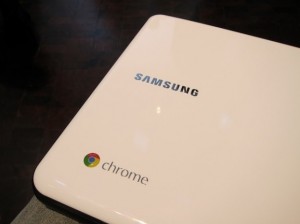Wow! Amazing Bloomberg report.
For three pennies an hour, hackers can rent Amazon.com Inc. (AMZN)’s servers to wage cyber attacks such as the one that crippled Sony Corp. (6758)’s PlayStation Network and led to the second-largest online data breach in U.S. history.
A hacker used Amazon’s Elastic Computer Cloud, or EC2, service to attack Sony’s online entertainment systems last month, a person with knowledge of the matter said May 13. The intruder, who used a bogus name to set up an account that’s now disabled, didn’t hack into Amazon’s servers, the person said.
The incident helps illustrate the dilemma facing Chief Executive Officer Jeff Bezos: Amazon’s cloud-computing service is as cheap and convenient for hackers as it is for customers ranging from Netflix Inc. (NFLX) to Eli Lilly & Co. (LLY) Last month’s attack on Sony compromised more than 100 million customer accounts, the largest data breach in the U.S. since intruders stole credit and debit card numbers from Heartland Payment Systems in 2009.
“Anyone can go get an Amazon account and use it anonymously,” said Pete Malcolm, chief executive officer of Abiquo Inc., a Redwood City, California-based company that helps customers manage data internally and through cloud computing. “If they have computers in their back bedroom they are much easier to trace than if they are on Amazon’s Web Services.”


